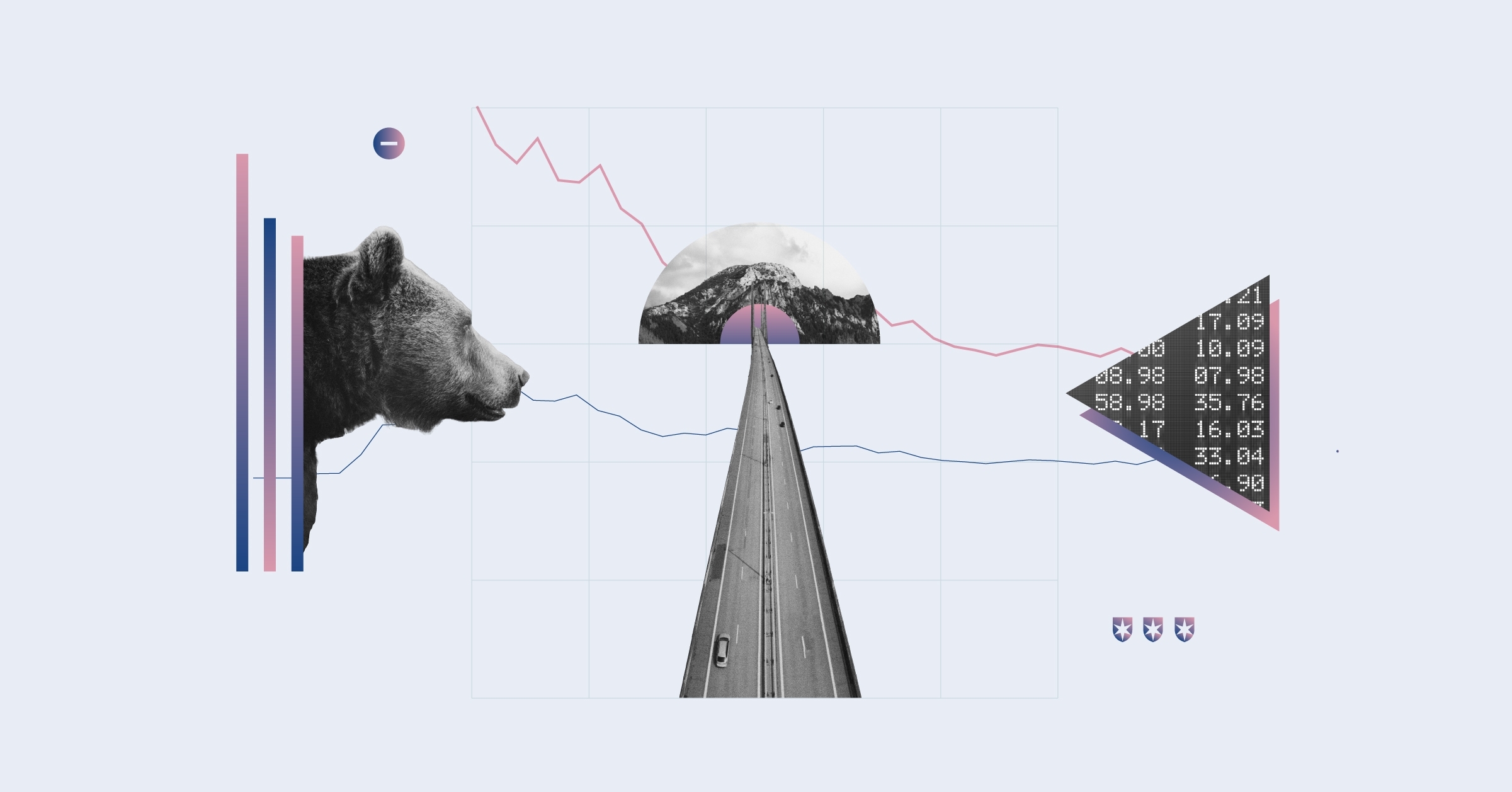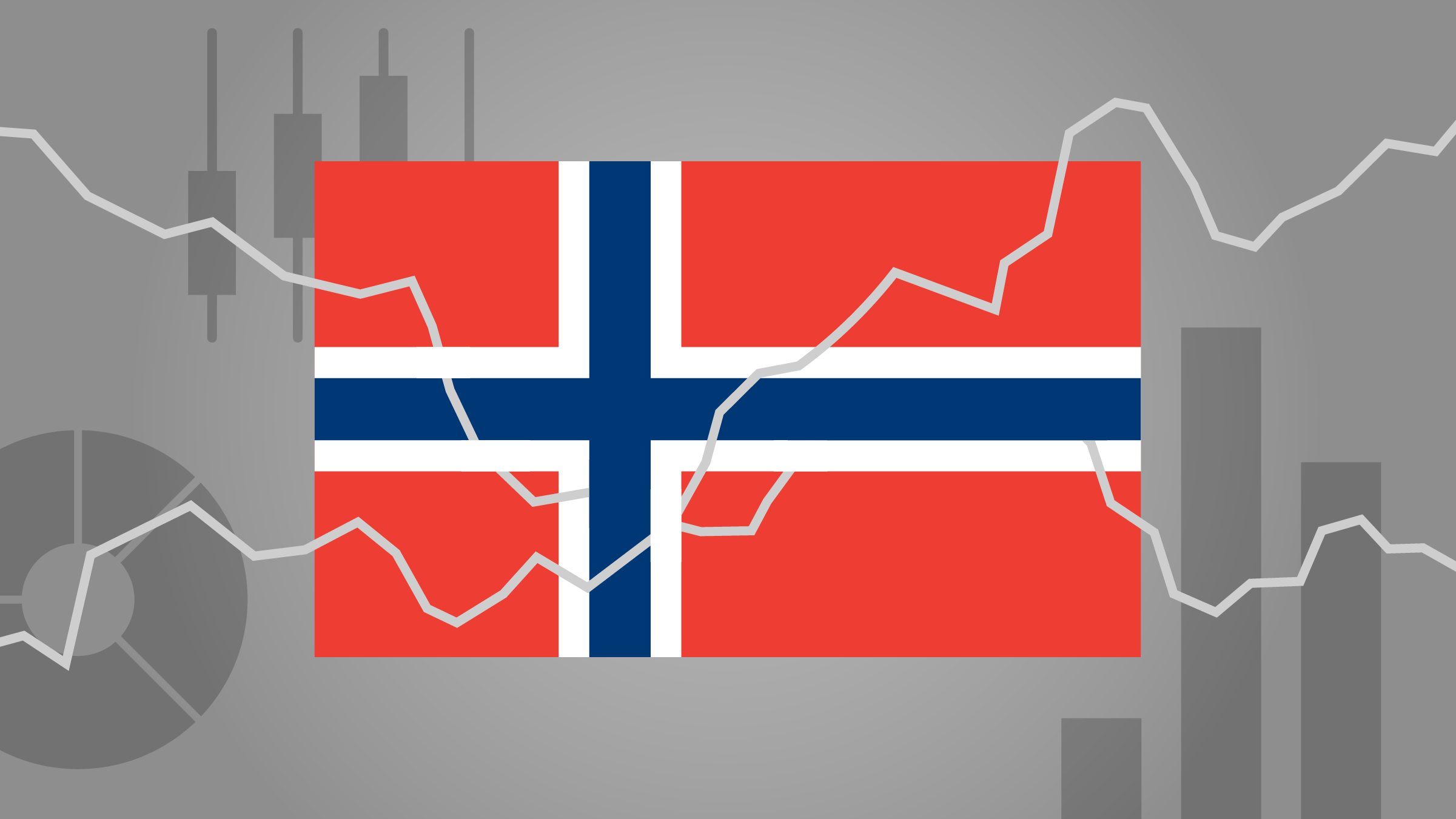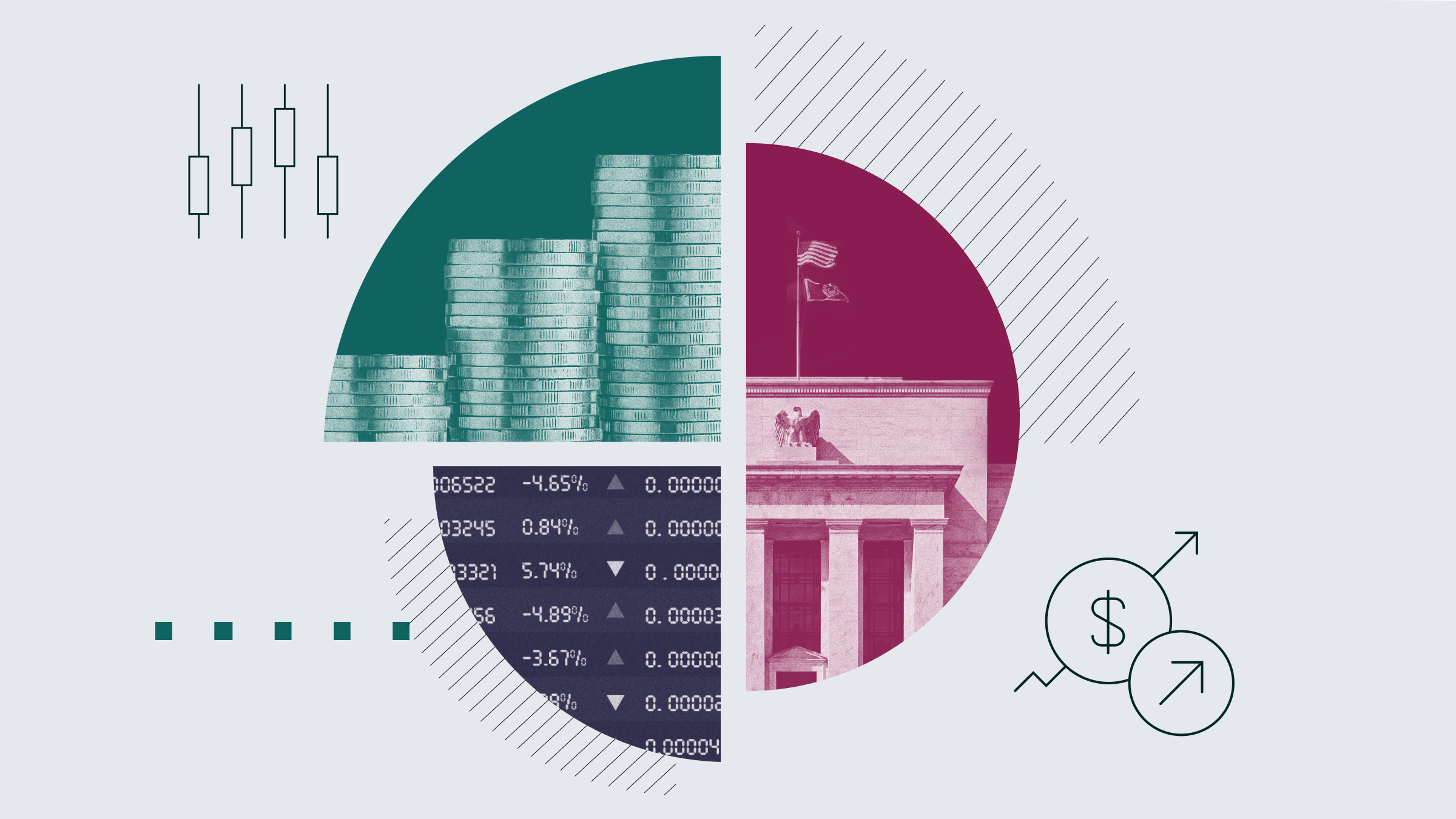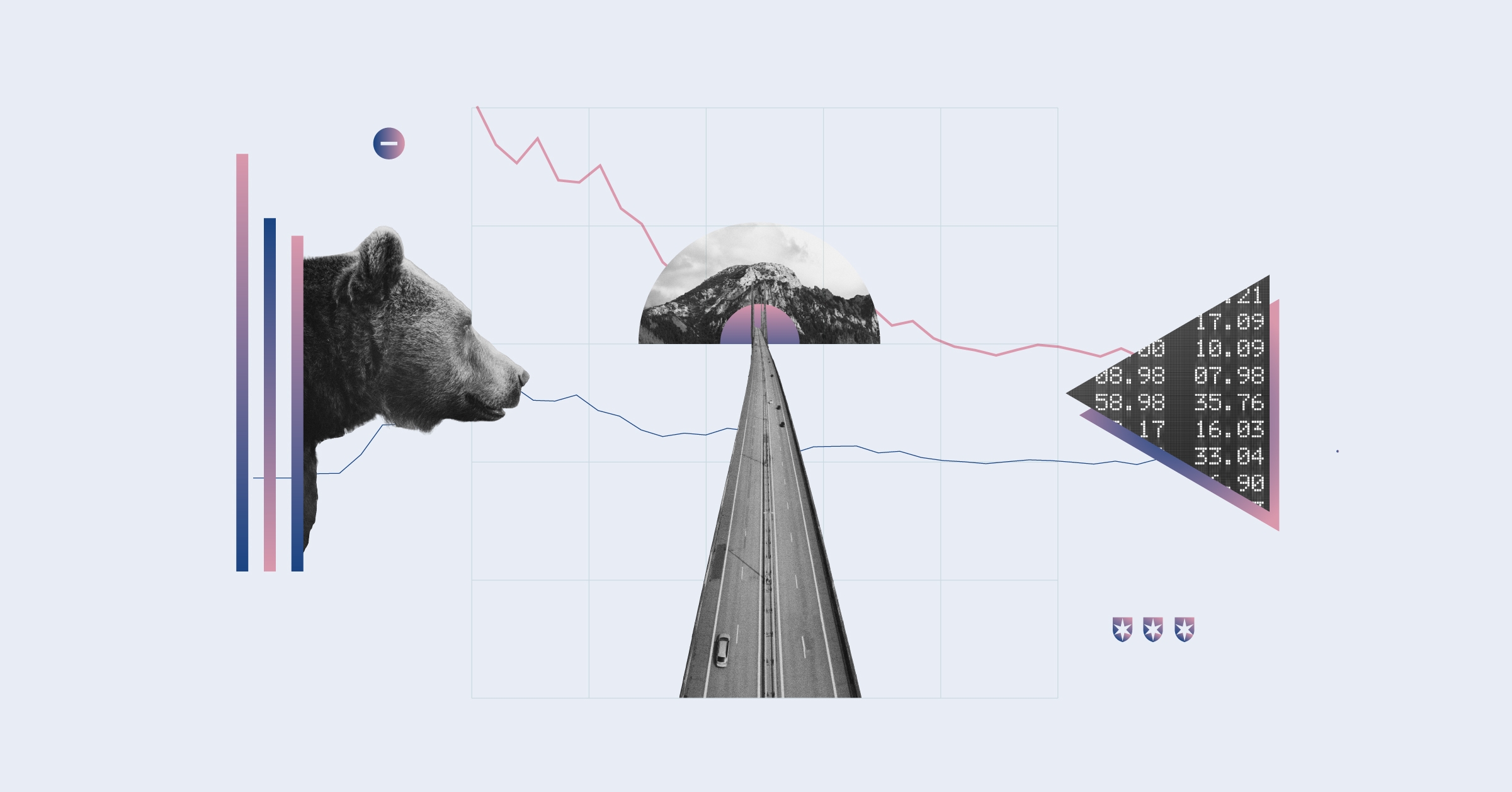Jason Stipp: I'm Jason Stipp for Morningstar and welcome to The Friday Five: five stats from the market and the stories behind them.
Joining me, as always, with The Friday Five is Morningstar markets editor Jeremy Glaser.
Jeremy, thanks for being here.
Jeremy Glaser: You're welcome, Jason.
Stipp: What do you have for The Friday Five this week?
Glaser: The numbers we're going to look at are 0, 1, 1.7%, $920, and finally 22%.
Stipp: Zero, of course, is the amount of tapering that the Fed is going to do. It was a big surprise to almost everyone who expected at least some amount of tapering. What are the big takeaways?
Glaser: This was the big shock this week, that the Fed decided not to in any way taper its bond-buying program. Really the discussion had been how big the taper was going to be, not if it was going to happen at all.
The Fed cited a few reasons for not pulling back on the program. The first being that they're not 100% sure that the economy is strong enough to do it yet. They're seeing decent economic data, but there are other data points that they still just want to get more information on. They want to see a few more months that look relatively strong before they decide to pull back on these purchases.
The other thing they cited were some worries about fiscal policy. They're worried [about] fiscal retrenchment, the way that the deficit is shrinking relatively rapidly, and some of their concern is [over] the potential government shutdown or the debt ceiling debate that's coming up having a negative impact on the economy. They didn't want to also be pulling back from their bond buying purchase at the same time, [because] that combination could be problematic.
I think there is two big takeaways for investors from here.
The first is just how difficult it is to predict what the Fed is going to do. Even with all the new communication we're getting from the Fed over the last few years--like these press conferences, for example--we still don't know exactly when the Fed could tighten, when the Fed would taper or make any changes to their programs. So trying to base an investment strategy on trying to time the market, and time those changes in the Fed policy, is something that's going to be incredibly challenging, and probably a losing game for most investors. Staying focused on the long term is important.
The second is that the Fed really did highlight an important source of potential volatility over the next couple of months, which is some of these fiscal issues that are coming up--things like the potential government shutdown and the debt ceiling debate. Also there is going to be some volatility around when the Fed does decide to taper. Stocks rallied to record [highs] after the Fed said they weren't going to taper. We could really see that come back when they do decide to do that, which could be as early as the October meeting, and I think that's something investors need to be prepared for, and think about what they're going to do if there is a pretty significant sell-off in the coming months.
Stipp: One candidate for the top spot at the Fed, Bernanke's replacement, is out. That's Lawrence Summers. He said he was pulling his candidacy this week. What are the takeaways, and does it even matter who is going to be the next chairman?



















